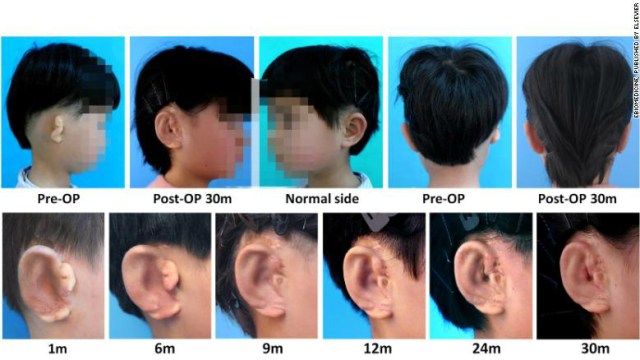Brains of jazz musicians have superior flexibility, study finds

We’ve talked before about how learning to play music is great for your brain. By fostering better connections between different regions of the brain, playing music can help promote neural development and can support memory, spatial reasoning, and verbal intelligence. The studies that demonstrate these benefits rarely focus on the sort of music played, however, leaving it possible that the genre played has some influence as well.
In fact, a new study shows that the genre you learn might have an effect on how you handle the unexpected.
A small study by Emily Przysinda of Wesleyan University suggests that the brains of jazz musicians react differently to unexpected events than the brains of classical musicians or non-musicians. It also supports previous findings that learning to play music at all improves creativity.
In the study, 12 jazz musicians, 12 classical musicians, and 12 non-musicians were asked to carry out two tasks. The first was a simple creativity task where they were asked to make a list of all possible uses for a paper clip. They were then scored for both the originality of content, with more points being given for answers not appearing on any other participant’s list, and for the number of responses delivered in the time limit.
As you might expect, the musicians performed much better on the creativity portion of the test than the non-musicians and at a similar level to each other. The jazz musicians did score higher on the originality portion of the test than anyone else, however.

The test is more difficult than you’d think.
The second task was a little more interesting. The subjects were asked to listen to a chord progression of “either of high, medium, or low expectation, as predicted by musical theory” while connected to electroencephalography sensors. They were asked to rate how much they enjoyed what they heard.
The non-musicians strongly favored the music that adhered to their expectations. The classical musicians ranked the progressions in the high and medium expectation range similarly. Only the jazz players showed no differentiation between their enjoyment of the progressions of high and low expectation levels.
The brain scans showed curious results. They indicated a relationship between the creativity of a subject and the strength of the P3b neural response. The exact nature of the response varied between not only the musicians and non-musicians but also between the jazz and classical players.
The authors themselves described the neuro findings as:
ERP results showed that unexpected stimuli elicited larger early and mid-latency ERP responses (ERAN and P3b), followed by smaller long-latency responses (Late Positivity Potential) in jazz musicians. The amplitudes of these ERP components were significantly correlated with behavioral measures of fluency and originality on the divergent thinking task.
In other words, the jazz musicians responded faster to unexpected changes than the other subjects.A similar study comparing jazz and classical musicians using brain scans also showed that jazz musicians were able to react to an unexpected change in chord progressions faster and with less neurological effort than their classically trained peers.

Jazz musician Miles Davis, a master of improvisation and unexpected musical choices.
The researchers suggest that the jazz musicians, who study a musical tradition that places a high value on improvisation and often uses strange chord structures, were well trained to expect the unexpected.
While the classical musicians still showed the benefits of their musical studies when compared to the non-musicians they were more shaken by the unexpected chord changes than the jazz players were.
As usual, a study involving 36 people and another one with only 30 subjects cannot be thought of as definitive. They can, however, be seen as a starting point for further research. Given the slew of previous studies that show us how brain activity and structure can be affected by the study of music, the findings do fall in line with the accepted science in principle.
The benefits of learning music have been known for millennia. Today, with the benefits of neuroscience, we can understand exactly why and how it benefits us at a deeper level than ever before. While more evidence is needed before we can say that learning jazz offers distinct benefits that learning other genres can’t. I for one am going to break out my saxophone and try to learn to play Take Five.





